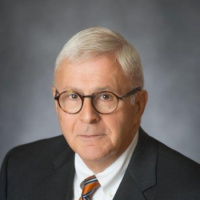Collins Center RICO Act Lawyer, New York
Sponsored Law Firm
-
 x
x

Click For More Info:
-
The Law Offices of Richard L. Cooper, P.A.
848 Brickell Avenue Suite 800 Miami, FL 33131» view mapDWI/DUI, Drug Trafficking, Felony Nationally Ranked Top 40 Under 40
With Richard L. Cooper you can expect a trusted confidant who will work diligently to fully understand your case and determine a road map to help you regain control of your life.
800-756-2781
Not enough matches for Collins Center RICO Act lawyer.
Below are all Collins Center Criminal lawyers.
Anthony M. Bruce
✓ VERIFIEDCriminal, US Courts, Traffic, Accident & Injury
Mr. Bruce’s legal career has focused on criminal litigation. For 37 years, Mr. Bruce worked as Assistant United States Attorney in the United State... (more)
Daniel John Henry
Federal, DUI-DWI, Criminal, Animal Bite
Status: In Good Standing Licensed: 38 Years

 Richard L. Cooper Miami, FL
Richard L. Cooper Miami, FL AboutMiami Attorney at Law
AboutMiami Attorney at Law ServicesCriminal Defense
ServicesCriminal Defense

